Speakers
Neil Dalchau
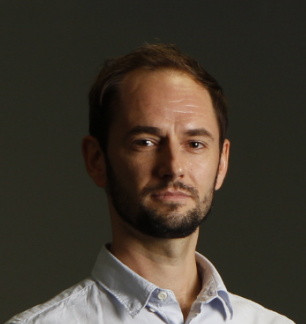 Talk: Programming biomolecular systems
Talk: Programming biomolecular systems
Bio: I am a Scientist in the Biological Computation research group at Microsoft Research Cambridge. I am interested in how to program computation and decision-making in biological systems. The applications of programmed biology are numerous, including the synthesis of medicines and industrial chemicals, through to the direct treatment of disease. I studied Mathematics at the University of Oxford, UK (2001-2005), before becoming a biologist at the University of Cambridge. My PhD project was a collaboration between Alex Webb‘s group at the Department of Plant Sciences and Jorge Goncalves in the Control Group at the Department of Engineering. Following my PhD, I briefly held a research associate position in the Control Group, working with Glenn Vinnicombe on applications of stochastic control theory to gene networks. I came to Microsoft Research as a postdoc in 2009, during which I worked with Andrew Phillips on modelling immune systems and synthetic gene networks.
Sarah Harris
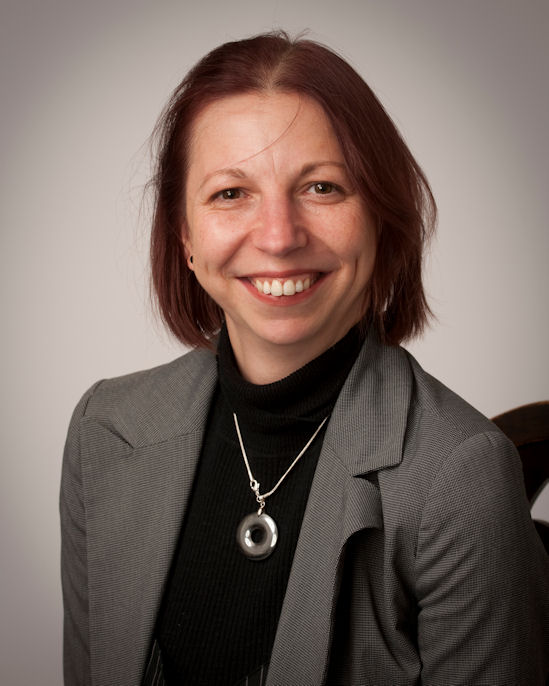 Talk: Supercomputing in the Cellular Jungle
Talk: Supercomputing in the Cellular Jungle
Bio: The research groups uses high performance computing to model biomolecules and aim to cover all of the time and length-scales of relevance to molecular biology. This requires computational methods ranging from quantum mechanical, through atomistic to mesoscale modelling.
Michelle Kendall
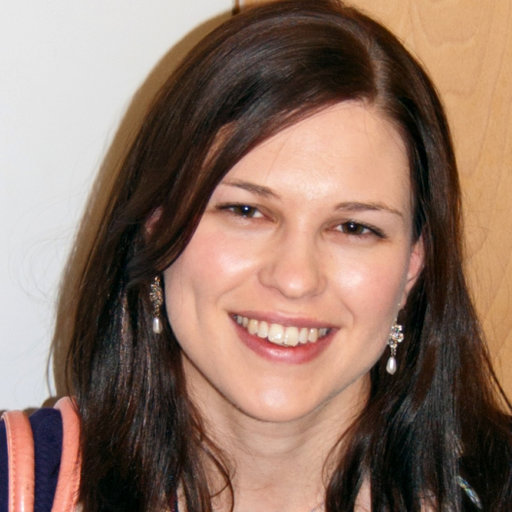 Talk: Inferring the "true" tree: what to do when phylogenetic analyses disagree
Talk: Inferring the "true" tree: what to do when phylogenetic analyses disagree
Bio: I am a senior researcher in statistical genetics and pathogen dynamics at the Oxford Big Data Institute working on the BEEHIVE project which is a cross-European study of HIV genomics and virulence. I am particularly interested in developing tree-based methods for answering statistical questions about HIV genotypic variation within and between patients.
Irilenia Nobeli
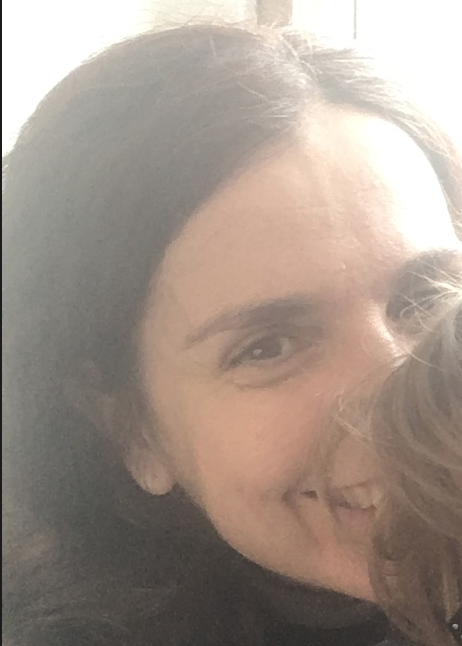 Talk: From transcriptomic data to plausible biology hypotheses via bioinformatics
Talk: From transcriptomic data to plausible biology hypotheses via bioinformatics
Bio: Irilenia Nobeli's lab has expertise in computational biology and chemoinformatics. Current interests include regulatory RNAs, transcriptomics in health and disease, disorders of the brain and the role of small molecules in Biology.
Kit Yates
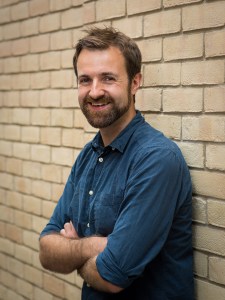 Talk: Hybrid frameworks for modelling reaction-diffusion processes
Talk: Hybrid frameworks for modelling reaction-diffusion processes
Bio: Kit Yates is a Senior Lecturer in the Department of Mathematical Sciences and co-director of the Centre for Mathematical Biology at the University of Bath. He completed his PhD in Mathematics at the University of Oxford in 2011. His research demonstrates that mathematics can be used to describe all sorts of real-world phenomena: from embryo formation to locust swarming and from sleeping sickness to egg-shell patterning. He is particularly interested in the role that randomness plays in Biology. Some specific areas of work include cell migration, spatial hybrid simulation methods for reaction-diffusion systems and methodologies in stochastic simulations.
Christopher Yau
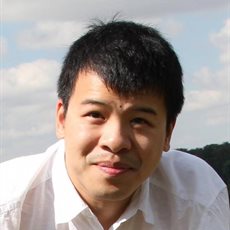 Talk: Learning biological dynamics from static data: constructing temporal trajectories using machine learning
Talk: Learning biological dynamics from static data: constructing temporal trajectories using machine learning
Bio: Christopher Yau is a Reader in Computational Biology at the Institute of Cancer and Genomic Sciences where he is based at the Centre for Computational Biology and leads the Statistical Machine Learning BioHealth group. He is an expert in statistical methodologies for machine learning and data science and specialises in genomic science particularly cancer. His research ranges from mathematical and statistical algorithm development to collaborations with experimental scientists and clinicians involving modelling real world biomedical data sets. He leads a diverse group of researchers who specialise in both experimental and computational modelling and regularly gives talks and lectures around the world on data science. His goal is to conceive of a computational intelligence framework that will provide the foundation of learning health systems that will support novel health-related research from the molecular scale through to whole populations.
